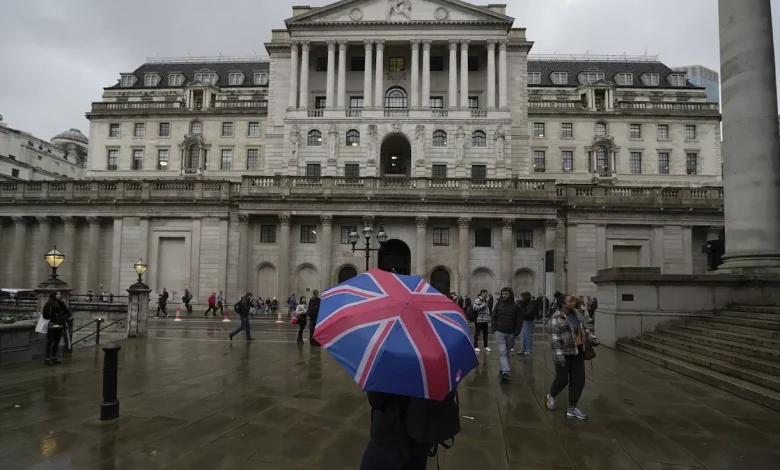Bank Of England Cuts Interest Rate as Inflation Slows

UK interest rates could take longer to fall further after the Bank of England forecast that inflation will creep higher after last week’s Budget.
The Bank cut interest rates to 4.75% from 5% in a move that had been widely expected.
But it indicated that while the extra spending outlined in the Budget would initially boost growth, measures such as raising the cap on bus fares and VAT on private school fees would push prices up at a faster rate.
Bank governor Andrew Bailey said rates were likely to “continue to fall gradually from here”, but cautioned they could not be cut “too quickly or by too much”.
Investors now do not expect any further rate cuts this year with the Bank likely to hold rates at its next meeting in December.
Capital Economics economist Paul Dales said it now expected rates to fall slower to only 3.5% in early 2026 rather than to 3%.
Inflation – which measures the pace of price rises – fell below the Bank’s 2% target in the year to September, but was always expected to rise again after gas and electricity prices rose last month.
It was then forecast to drop back to 2% by 2026, but the Bank now expects that to happen in the following year.
The Bank’s rate setting body – the Monetary Policy Committee – voted 8-1 in favour of the cut.
Catherine Mann voted to keep rates on hold citing the impact of the Budget on inflation as one of the reasons.
“The Bank of England has delivered one more cut for the road, before it’s widely expected to shut up shop for a while and wait for the dust to settle,” said Sarah Coles, head of personal finance at Hargreaves Lansdown.
“More borrowing in the Budget, a higher national living wage and rises in employer National Insurance contributions, have raised concerns that inflation could make an unwelcome return,” she added.
Given this, the Bank is “wary of cutting rates further”, Ms Coles said.
The slower pace of rate cuts “means better news for savers and those searching for an annuity, but bad news for mortgage borrowers”.
The Bank’s interest rate heavily influences the rates High Street banks and other money lenders charge customers for loans, as well as credit cards.
More than one million mortgage borrowers on tracker and variable deals are likely to see an immediate fall in their monthly repayments.
However, mortgage rates are still much higher than they have been for much of the past decade.
The average two-year fixed mortgage rate is 5.4%, according to financial information company Moneyfacts. A five-year deal has an average rate of 5.11%.
The latest rate cut means savers are likely to see a reduction in the returns offered by banks and building societies. The current average rate for an easy access account is about 3% a year.





